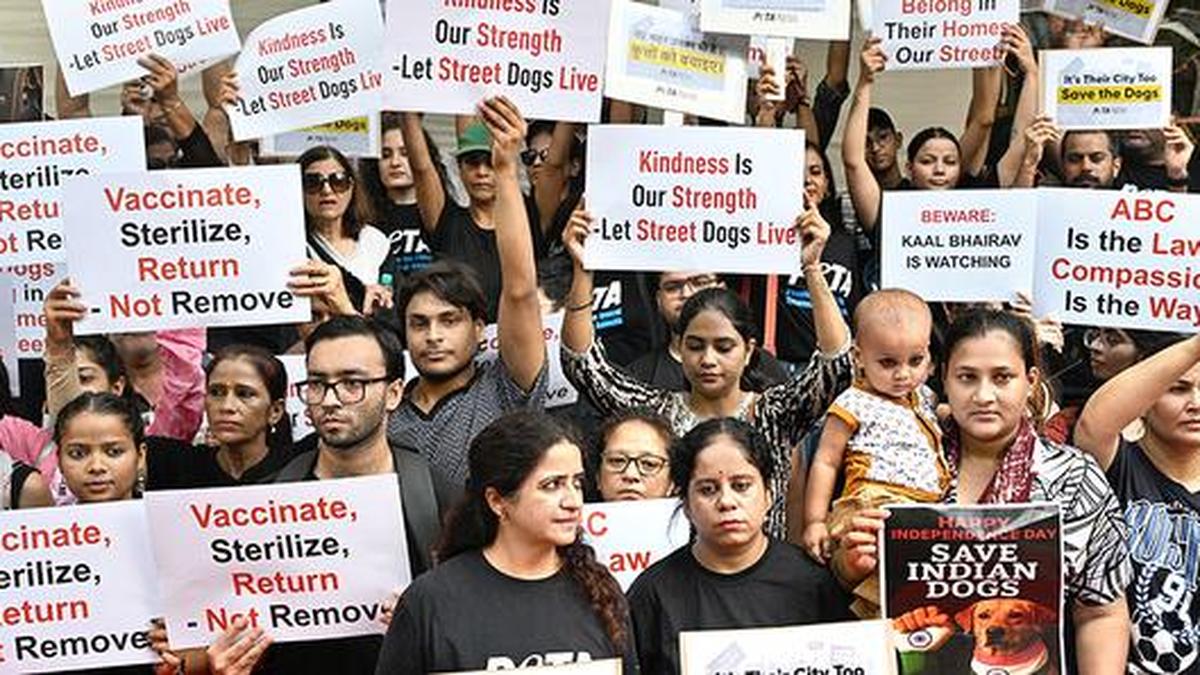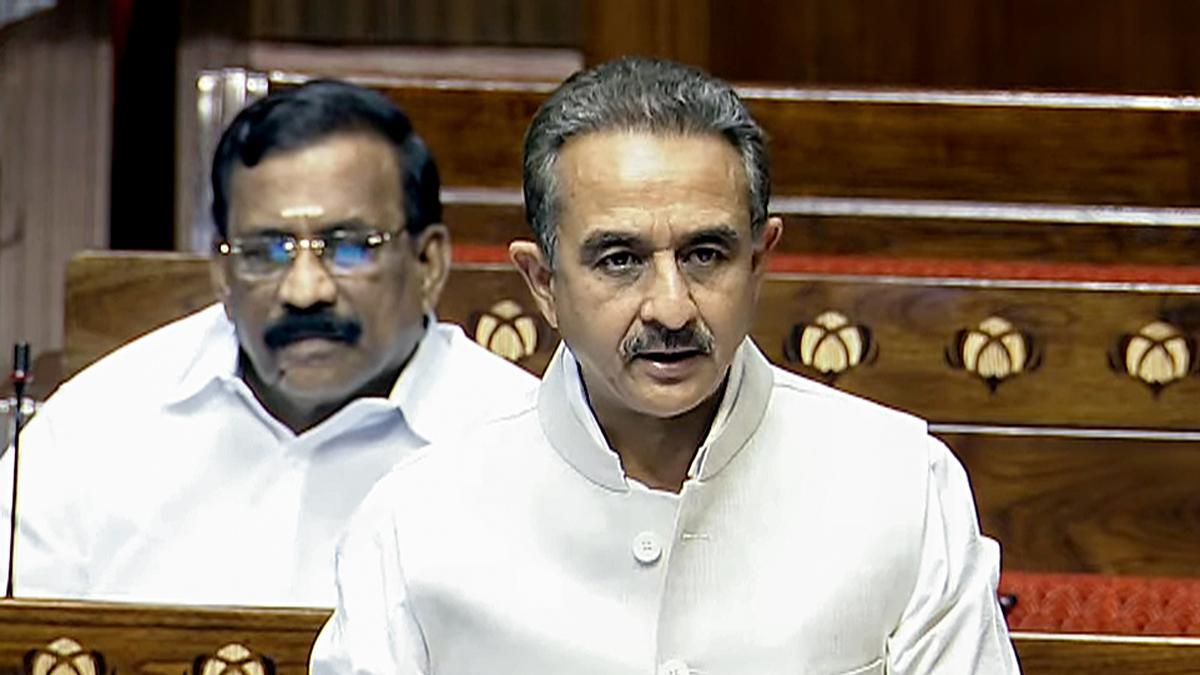Now Reading: Supreme Court Permits Release of Stray Dogs in Delhi After Immunisation
-
01
Supreme Court Permits Release of Stray Dogs in Delhi After Immunisation
Supreme Court Permits Release of Stray Dogs in Delhi After Immunisation

Speedy Summary:
- Supreme Court Order: On August 22, 2025, the Supreme Court modified it’s earlier directive requiring Delhi civic authorities to capture and confine all stray dogs. The revised order mandates sterilisation, deworming, immunisation of stray dogs before releasing them back into their localities.
- Exclusions: Dogs displaying aggressive behaviour or infected with rabies will not be released and must instead stay in separate pound shelters.
- Feeding Zones: Municipal bodies are directed to establish designated feeding areas within each ward. Feeding stray dogs on streets is now strictly prohibited; violators will face penalties.
- Adoption Policy: Citizens may adopt stray dogs through municipal frameworks but are responsible for ensuring these animals don’t return to public spaces.
- Extensions and Pan-National Scope: The Supreme Court expanded the case beyond NCR regions for a nationwide policy on stray dog management. Similar petitions from other High Courts will be consolidated in this proceeding by the apex court.
- Mandatory Payments by Petitioners/ngos: Petitioners must deposit financial sums with court registry for continued participation in proceedings-₹25,000 for individuals and ₹2 lakh for organisations.
Indian Opinion Analysis:
The Supreme Court’s decision reflects attempts to balance public health risks stemming from aggressive strays and rabies infections while considering compassionate treatment for animals. Steps such as sterilisation, immunisation, dedicated feeding areas, and adoption initiatives align with ethical animal management approaches but introduce significant administrative challenges given infrastructure gaps.
Delhi’s large stray population (estimated at eight lakh) poses practical difficulties in implementing these directives effectively without risking logistical bottlenecks or potential cruelty due to inadequate facilities. Integrating similar cases nationwide may streamline solutions but raises questions about regional disparities in resources necessary to execute such policies consistently.Expanded national scope could lead to a unified framework addressing safety concerns caused by rising dog-bite incidents (e.g., 25,201 cases recorded in Delhi during 2024) while adhering broadly to humane practices per ABC Rules of 2023. However, enforcement challenges against violators-including street feeders-and opposition from welfare organisations signify hurdles that require careful policy crafting rooted equally in practicality and compassion.
For more details: Read More
























